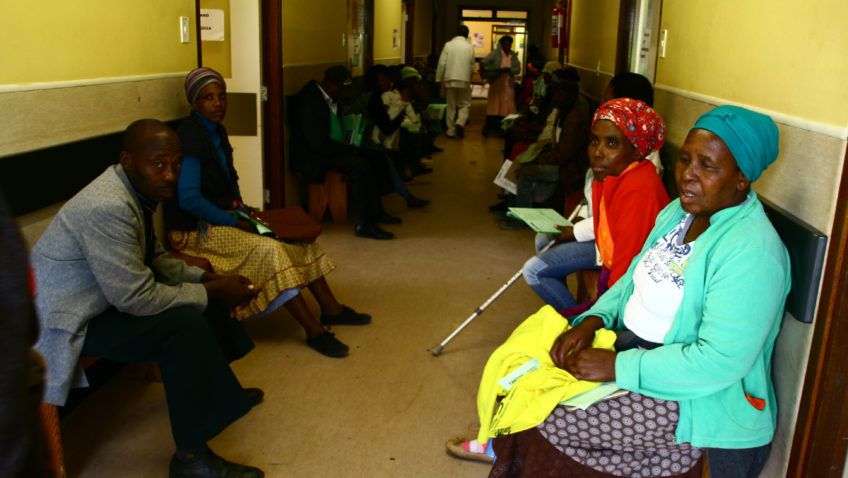Prioritising the health citizen in UHC


The concept of health citizenship integrates patients’ needs with the knowledge of healthcare professionals in planning tools and programmes that will change the inequalities in healthcare.
“A lot of research has been conducted in relation to UHC theory and policy evidence, and the implementation will require an inclusive process and for all stakeholders to collaborate in the interest of the health citizen. Our aim for this year’s conference is to map out priority areas for the health citizen and agree on implementable action items to ensure that private sector healthcare industry players across the region proactively gears towards UHC,” says Dr Katlego Mothudi, managing director, Board of Healthcare Funders of Southern Africa (BHF).
Private sector role
“A number of questions remain on how to overcome fragmentation in healthcare as African countries begin to make progress towards this global agenda to achieving access for all by 2030.
“How can the public and private sector scale up information systems and technology infrastructure to create access to health? We need to explore platforms that can be used to hear the voice of the marginalised, how we can incorporate the voice of civil society and business in the discourse? How do we answer to the inevitable consequence of the requirement to scale up quite rapidly as a response to the changing and merging of the two environments?”
According to Mothudi, there are a number of actions that the private sector can already begin to implement as priorities to meet the needs of the health citizen. These interventions can then address specific health challenges, as can the design of scheme benefits that actively improve overall health, risk pooling, cross subsidisation, as a way of enabling defragmentation of systems. Engagements are also required around the concept of strategic purchasing of healthcare services.
Speakers at the conference will include local role players, as well as experts from Egypt, Kenya, the USA, Singapore and Namibia, among others. “We can learn a lot through shared experiences and identifying what has worked in other countries, understanding how those systems have been implemented and adapt learnings to our context,” says Mothudi.